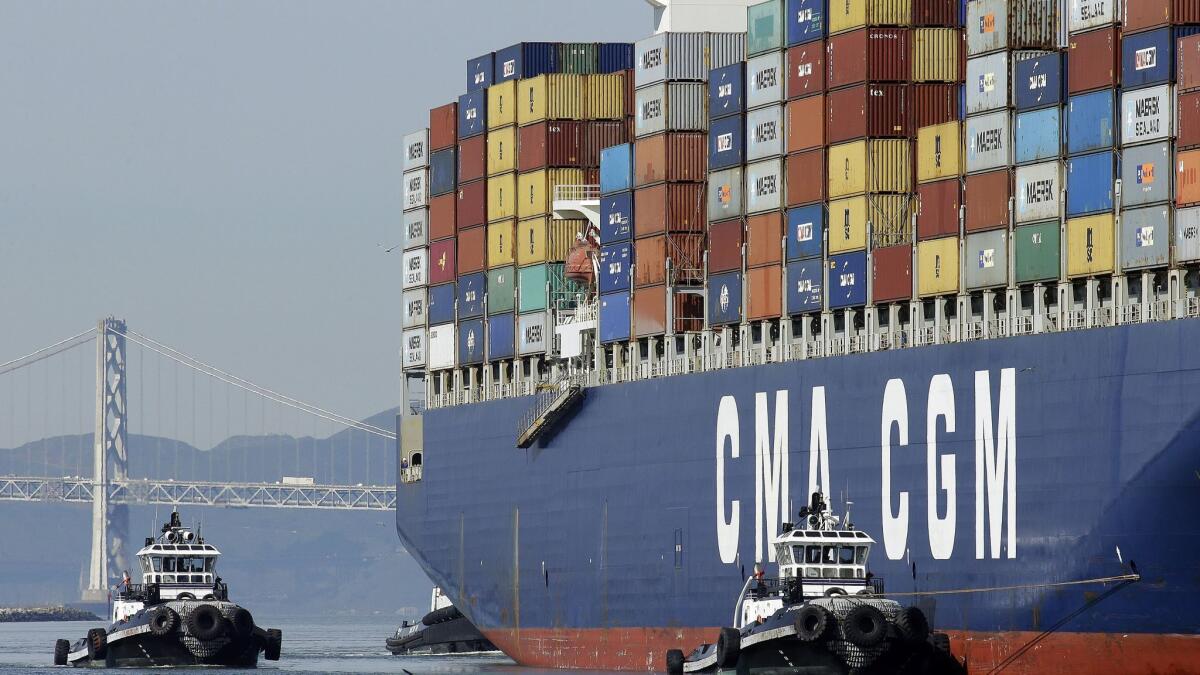Readers React: GDP leaves out a lot, but that doesn’t mean economists don’t care about the environment

To the editor: David Pilling says some accurate things about gross domestic product but derives unsupportable conclusions from it. His main argument is that GDP excludes environmental damage and therefore is substantially to blame for such harm. (“GDP, the yardstick of economic success, is choking us and the planet,” Opinion, Feb. 25)
But Pilling misinterprets GDP. It is the broadest measure of market activity, not everyone’s primary motivator, crowding out all other considerations. In my almost four decades of teaching macroeconomics, every text and every course teaches otherwise.
GDP isn’t the ultimate determiner of well-being. It leaves out environmental damages, but also work in the household, the underground economy, the value of leisure and other things — not because, in each case, “we value it at zero,” but because we cannot accurately determine those values in the absence of market transactions.
Pilling also ignores substantial economic research into better estimating effects uncounted in GDP. Lots of people pay attention to such issues, even though they are excluded from GDP, which reveals his premise of “monotheistic GDP worship” to be as false as his conclusion that economists put zero value on environmental resources.
Gary M. Galles, Camarillo
The writer is a professor of economics at Pepperdine University.
..
To the editor: Absolutely no one in the post-growth movement is saying that any country or individual should stay poor, as Pilling implies. And we are not deluding ourselves by seeking a sustainable and just human future, any more than simply calling for a different definition of growth can be a delusional approach to human survival.
By all means, GDP is an abomination that has to go, but maybe we can join forces in subverting the laughable root-cause “tendency to seek meaning in endless consumption.”
Carol Holst, Glendale
Follow the Opinion section on Twitter @latimesopinion and Facebook
More to Read
A cure for the common opinion
Get thought-provoking perspectives with our weekly newsletter.
You may occasionally receive promotional content from the Los Angeles Times.






